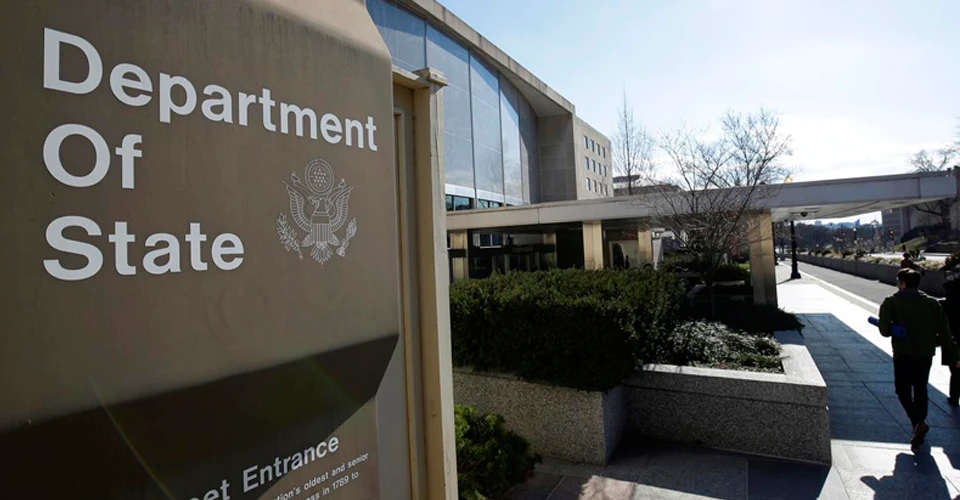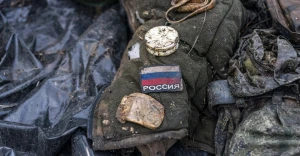
US responds to Putin's statement on free grain to African countries
The U.S. State Department noted that Russia's withdrawal from the Black Sea Grain Initiative has significantly affected the food security of the whole world, and that Putin's promises of free grain for several African countries are just words, not actions
This was stated by Deputy Spokesperson for the US State Department Vedant Patel.
"Actions certainly should speak louder than words in any situation, including addressing the global threat of food security," he emphasized.
Patel noted that Russia currently provides 0.02% of the World Food Program's budget, while the United States provides about half.
"So the numbers clearly don’t lie when it come to who in here is actually committed to addressing the crisis of food security," the spokesman said.
In addition, Vedant Patel reminded that the United States condemns Russia's unilateral withdrawal from the Black Sea Grain Initiative and is disappointed that Russia has refused UN proposals to preserve the agreement.
Russia's termination of the grain deal
On July 16, the last ship loaded with Ukrainian agricultural products under the initiative left the port of Odesa. On 17 July, Russia announced the termination of the grain deal. In response, Volodymyr Zelenskyy said that it was necessary to continue using the grain corridor even despite Russia's withdrawal from the agreement. And Kuleba began urgent consultations at the UN.
The White House condemned Russia's withdrawal from the grain deal, which played a crucial role in reducing global food prices.
On 18 July, Russian presidential spokesman Dmitry Peskov said there were "certain risks" for parties trying to resume the Black Sea Grain Initiative without Russia's participation.
European Commission President Ursula von der Leyen said that it was critical to restore transport links across the Black Sea to provide food to the world's most vulnerable countries and to preserve the ability to export Ukrainian goods.
On 19 July, it was reported that Ukraine was considering transporting food as part of the grain initiative through the territorial waters of Bulgaria and neighbouring Romania.
At the same time, the Russian Ministry of Defence issued a statement threatening ships heading to Ukraine's Black Sea ports.
On July 21, Recep Tayyip Erdogan said he wanted to discuss the extension of the grain deal with his Russian counterpart Vladimir Putin and expressed confidence that it will work again.
On July 25, the GUR released a report to the Russian leadership, which outlined the technologies used to prevent grain exports from Ukraine, indicating that the "grain deal" was deliberately disrupted.
On the same day, the US State Department, amid the shelling of Odesa and the Danube infrastructure, said that Russia was preparing a false flag operation in the Black Sea on a ship in international waters.
On July 25, Russia laid additional sea mines on the approaches to Ukrainian ports in order to blow up civilian vessels and later blame Ukraine.
- News














































